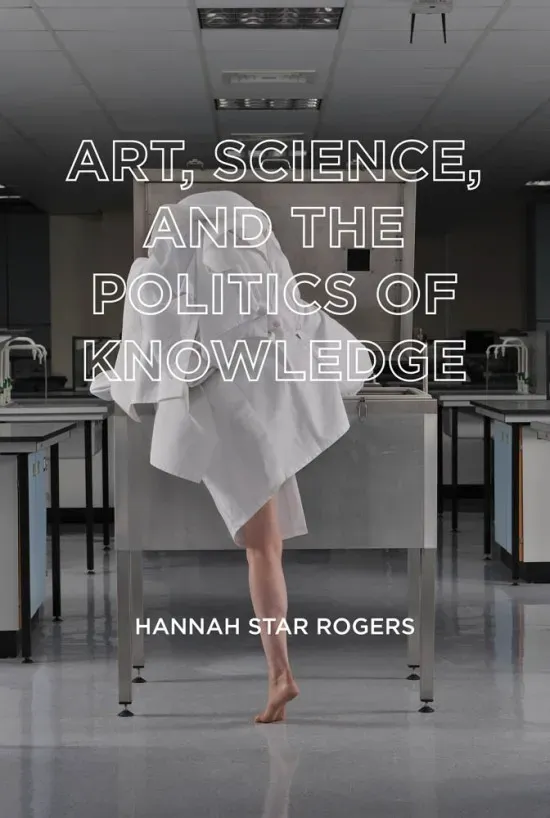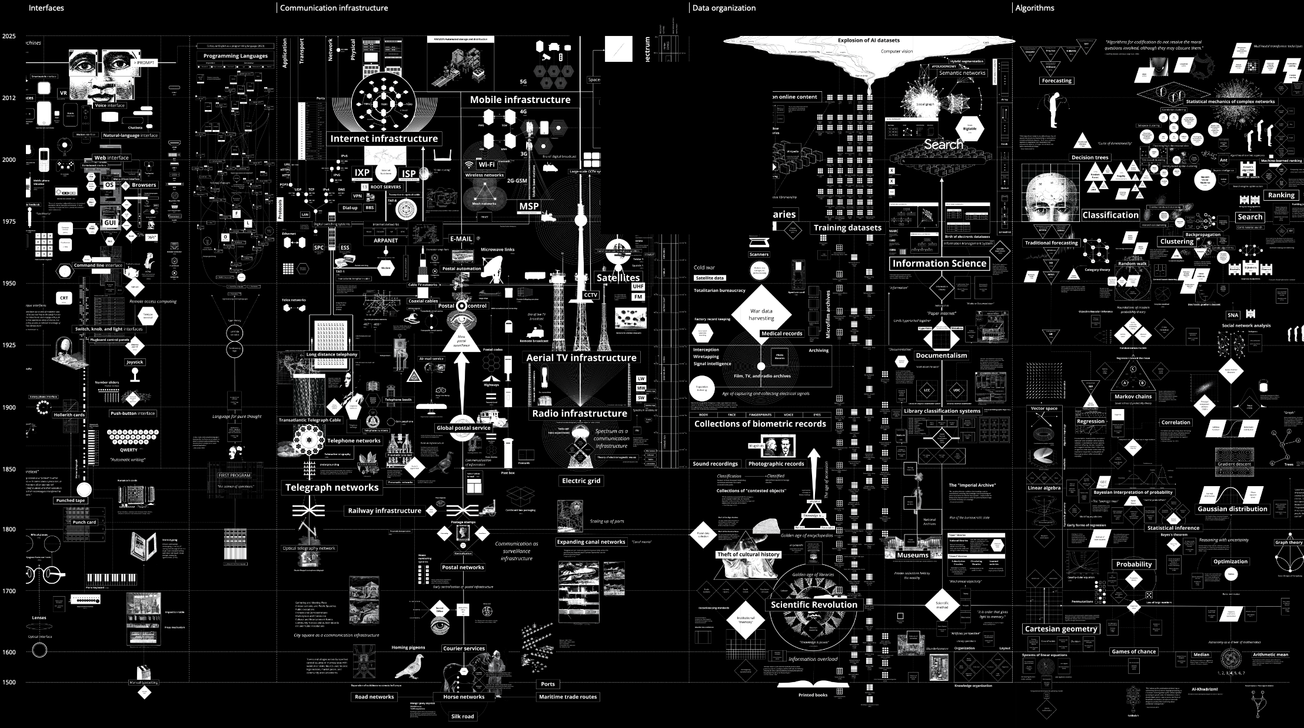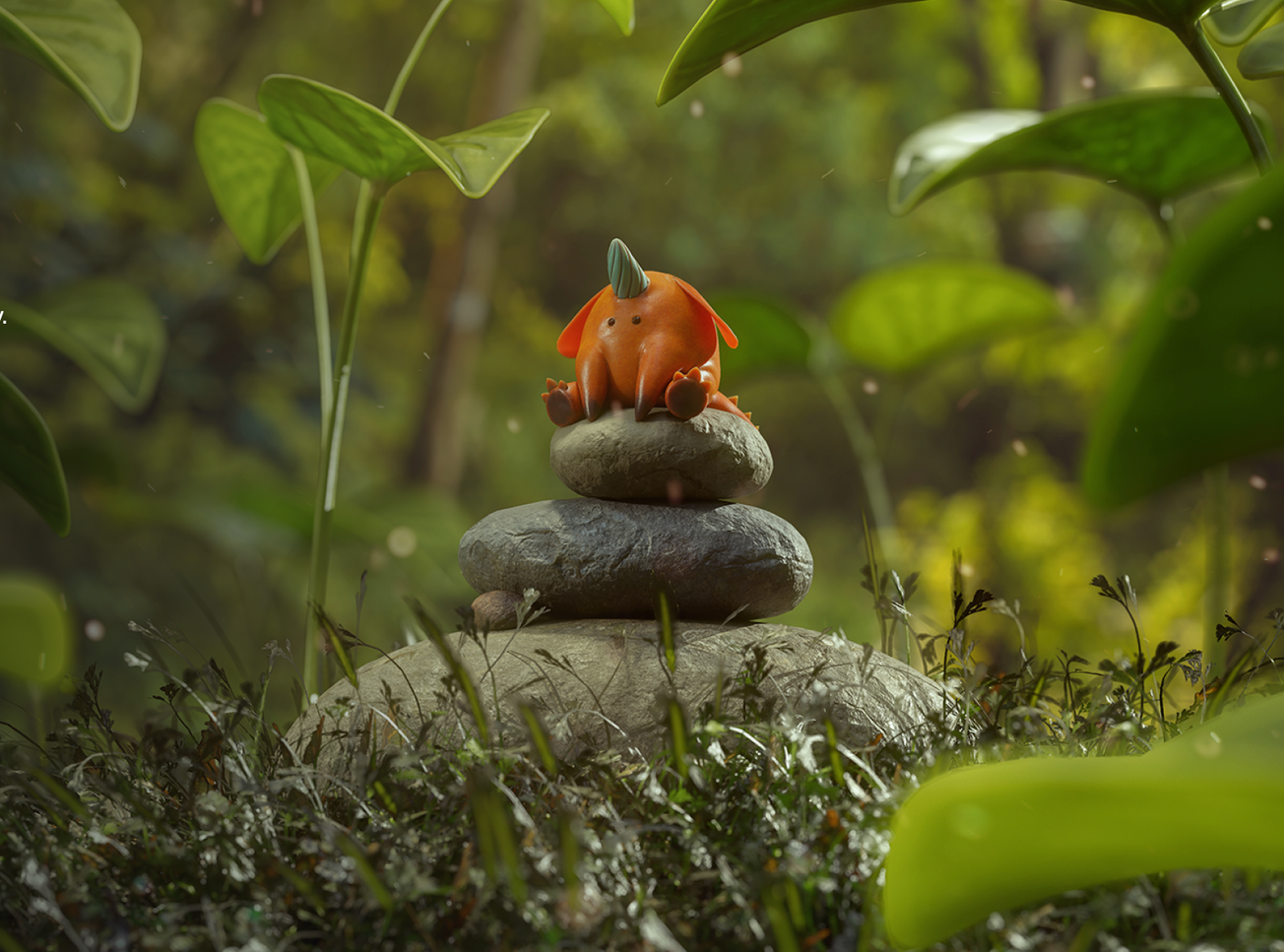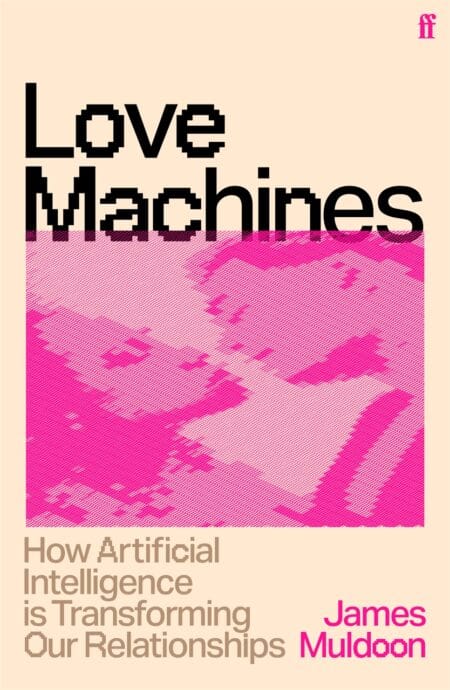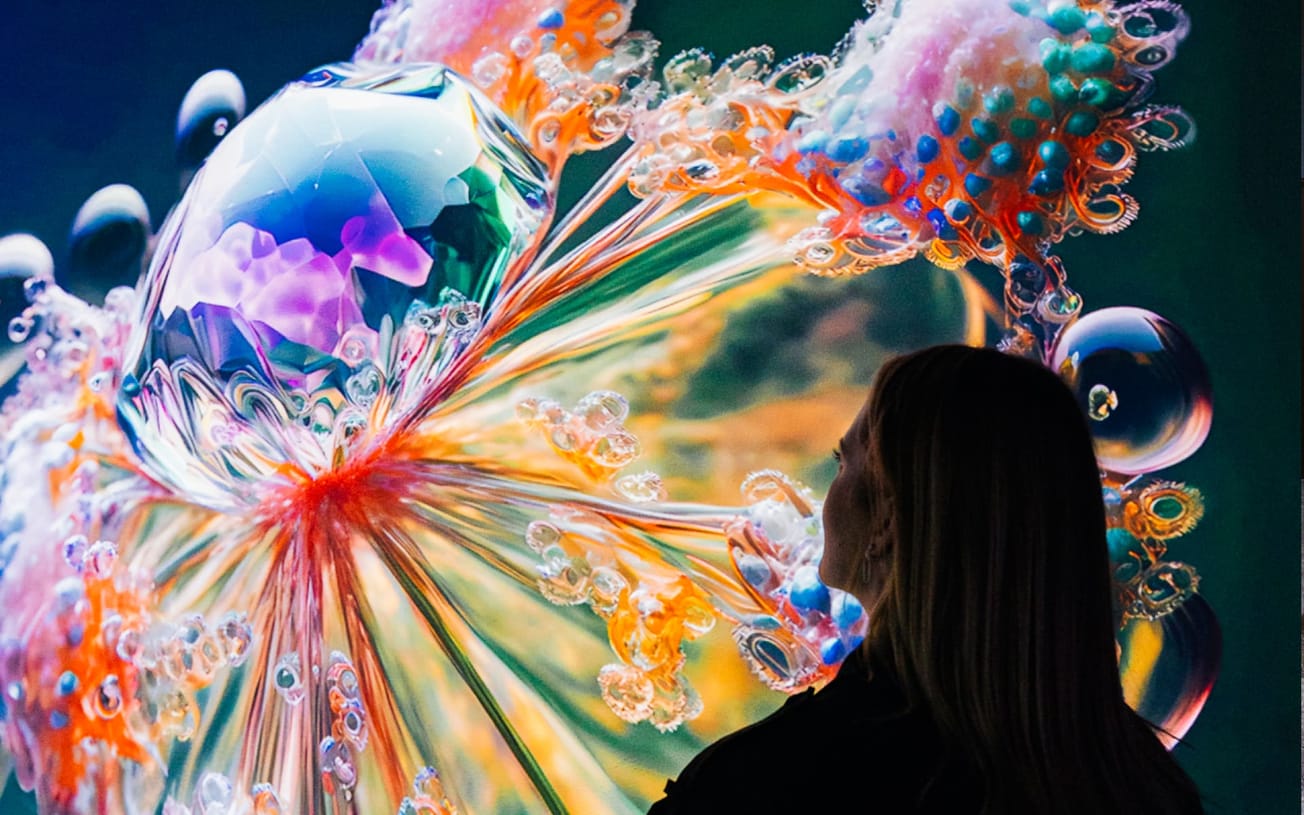In Art, Science, and the Politics of Knowledge, Hannah Star Rogers suggests that art and science are not as different from each other as we might assume. She shows how the tools of science and technology studies (STS) can be applied to artistic practice, offering new ways of thinking about people and objects that have largely fallen outside the scope of STS research. Arguing that the categories of art and science are labels with specific powers to order social worlds—and that art and science are best understood as networks that produce knowledge—Rogers shows, through a series of cases, the similarities and overlapping practices of these knowledge communities.
The cases, which range from nineteenth-century artisans to contemporary bioartists, illustrate how art can provide the basis for a new subdiscipline called art, science, and technology studies (ASTS), offering hybrid tools for investigating art–science collaborations. Rogers’s subjects include the work of father and son glassblowers, the Blaschkas, whose glass models, produced in the nineteenth century for use in biological classification, are now displayed as works of art; the physics photographs of documentary photographer Berenice Abbott; and a bioart lab that produces work functioning as both artwork and scientific output. Finally, Rogers, an STS scholar and contemporary art–science curator, draws on her own work to consider the concept of curation as a form of critical analysis.
Hannah Star Rogers is Visiting Scholar at the University of Edinburgh in Science, Technology, and Innovation Studies (STIS) and lead editor of the Routledge Handbook of Art, Science, and Technology Studies.
Hannah Rogers captures, with insight and hindsight, the emerging areas of art-science collaboration and practices. With a strong documentation of the bio-arts, Art, Science, and the Politics of Knowledge also brings foresight to the post-pandemic world and lays a foundation for future art and STS practices. Sciences and technologies cannot win future wars alone, but will require investments in art-science and other mechanisms for cultural change—ROGER F. MALINA, EXECUTIVE EDITOR, LEONARDO/ISAST PUBLICATIONS (MIT PRESS); DIRECTOR OF THE ARTSCILAB, UNIVERSITY OF TEXAS AT DALLAS

